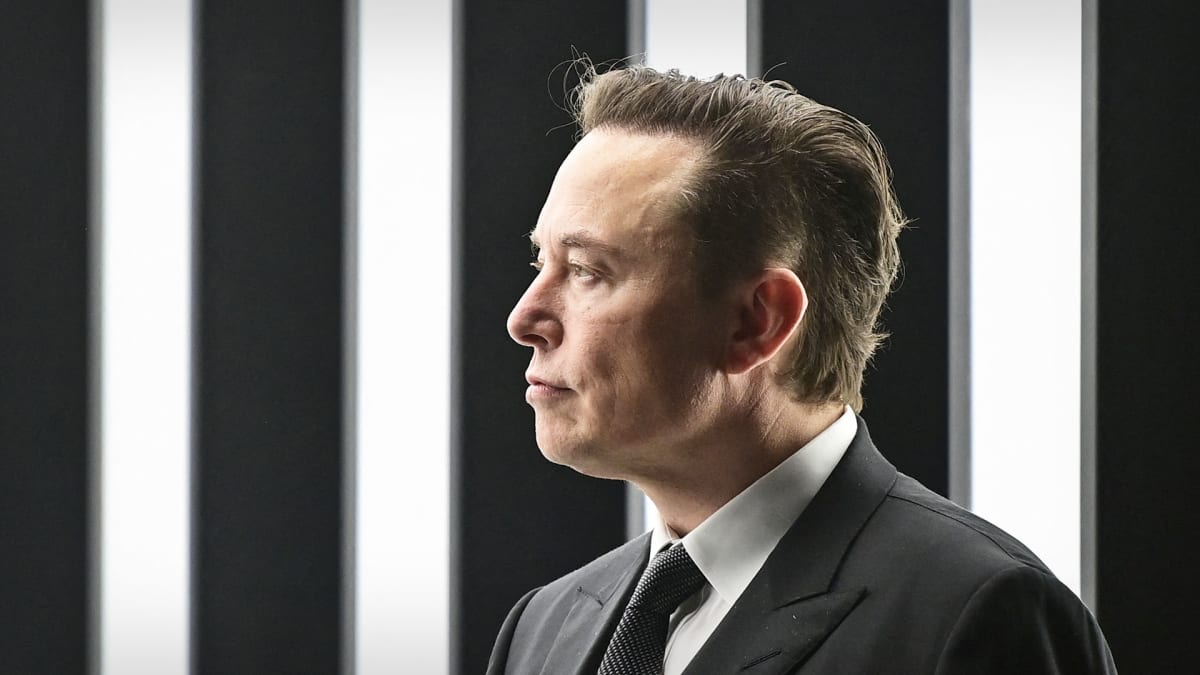
Elon Musk likes to make bold promises.
His promises are often wild, daring. They sometimes earn him ridicule, such as when he promised in January 2022 that Tesla (TSLA) vehicles would be autonomous by the end of the year. Basically, Tesla vehicles would be able to drive themselves.
"I would be shocked if we do not achieve full-self-driving safer than a human this year. I would be shocked," Musk said during Tesla's 2021 fourth-quarter-earnings call in January.
He had already made the same promise years earlier without ever keeping it. Less than two months before the end of 2022, Tesla cars are still not self-driving even though the company’s most advanced driver assistance system, known as Full Self-Driving or FSD, has features that allow the car to perform many maneuvers on its own.
But the same FSD is the subject of several investigations by regulators for its involvement in accidents, some of which were fatal.
It's therefore likely that Musk will once again not keep his promise.
But Musk's promises helped Tesla's stock price rise. He promised the electric and technological revolution of the automobile and Tesla, the leader of this new order, is being rewarded with an enormous market capitalization which currently makes it the sixth largest company in the world, while the group produces barely a million vehicles annually.
All car manufacturers in the world, legacy car makers as well as upstarts, are striving to offer electric models. After choosing a different strategy, Toyota (TM) is on course to make a huge U-turn to accelerate into the electric segment and catch up.
'Most Accurate'
It's not just in the automotive sector that Musk makes promises. The billionaire wants to change our civilization as it is today. In this perspective, the issues and problems that are currently undermining society must be taken up.
One of these big issues is the division that continues to grow between the left and the right in the Western democracies. The victims of this deep division are the institutions: the government, the traditional media, the politicians. Mistrust and distrust of institutions are in their highest in Western democracies, according to various polls.
But the biggest victim of this division are the facts and the truth. Facts are no longer accepted as such unless they support each camp’s narrative. A piece of information that does not suit a reader is considered false or fake. The concept of alternative facts has made its appearance, while any information that does not fall within the opinion and thought of a camp is labeled fake news. Agreeing on the veracity of a fact, once a basic concept, is now a feat.
Basically, the truth is no longer objective. It has become subjective.
Musk is promising to fix all this. This is what he has just declared when defining the ambition of Twitter (TWTR), the social network considered to be the de facto town square of our time.
The billionaire wants to make the platform the most "accurate" source of information around the world.
"Twitter needs to become by far the most accurate source of information about the world,” Musk declared on Nov. 6. "That’s our mission.”
Skepticism
Aware that this mission is titanic and where the divisions are now rooted, Jack Dorsey, co-founder and former CEO of Twitter, asked him this question:
"Accurate to who?” Dorsey, who is also a friend of Musk, commented.
"As judged by the people of Twitter via Community Notes (formerly Birdwatch),” Musk replied, referring to the Birdwatch option that will become Community Notes. This feature allows users of the microblogging site to provide context to a tweet they deem misleading.
"The stated goal of Birdwatch is ‘to add helpful context to Tweets.’ It is not to adjudicate facts or to be a universal source of information," Twitter said.
This feature works a bit like Wikipedia in short.
Dorsey remained skeptical, however, and believes that instead of "accurate" Musk should use “more informative.”
"I still think…Birdwatch is a far better name And 'more informative' a far better goal," he said.
But Musk does not budge. He believes it is possible and even makes it one of the key factors to the future success of Twitter, which he acquired for a hefty $44 billion after a six-month battle marked by twists and turns and a stop by the courts.
"At the end of the day, if Twitter is indeed the most accurate source of information, more people will use it,” Musk said.
Judging by the comments provoked by his tweets, Musk could see that the task promises to be herculean. As Dorsey pointed out, many users ask him to say who will define "accurate".
"But the question is, who determines and arbitrates precisely WHICH content is 'accurate'? Because a biased arbitrator will make warped, biased decisions about that. We've seen with covid that credible scientists were BANNED because they spoke on things that turned out to be true,” one user commented.
This tweet sums up much of the comments to Musk's pledge.







